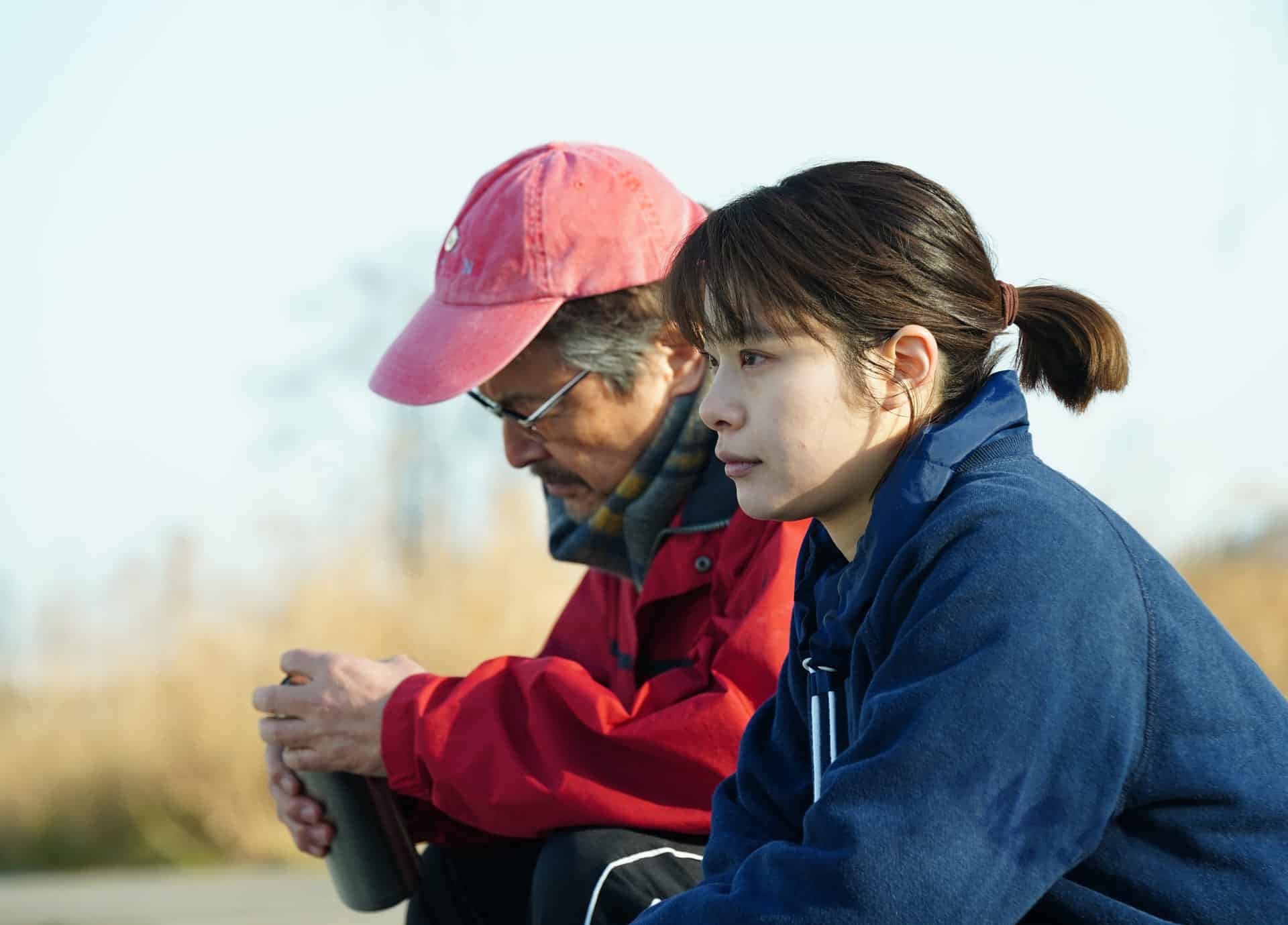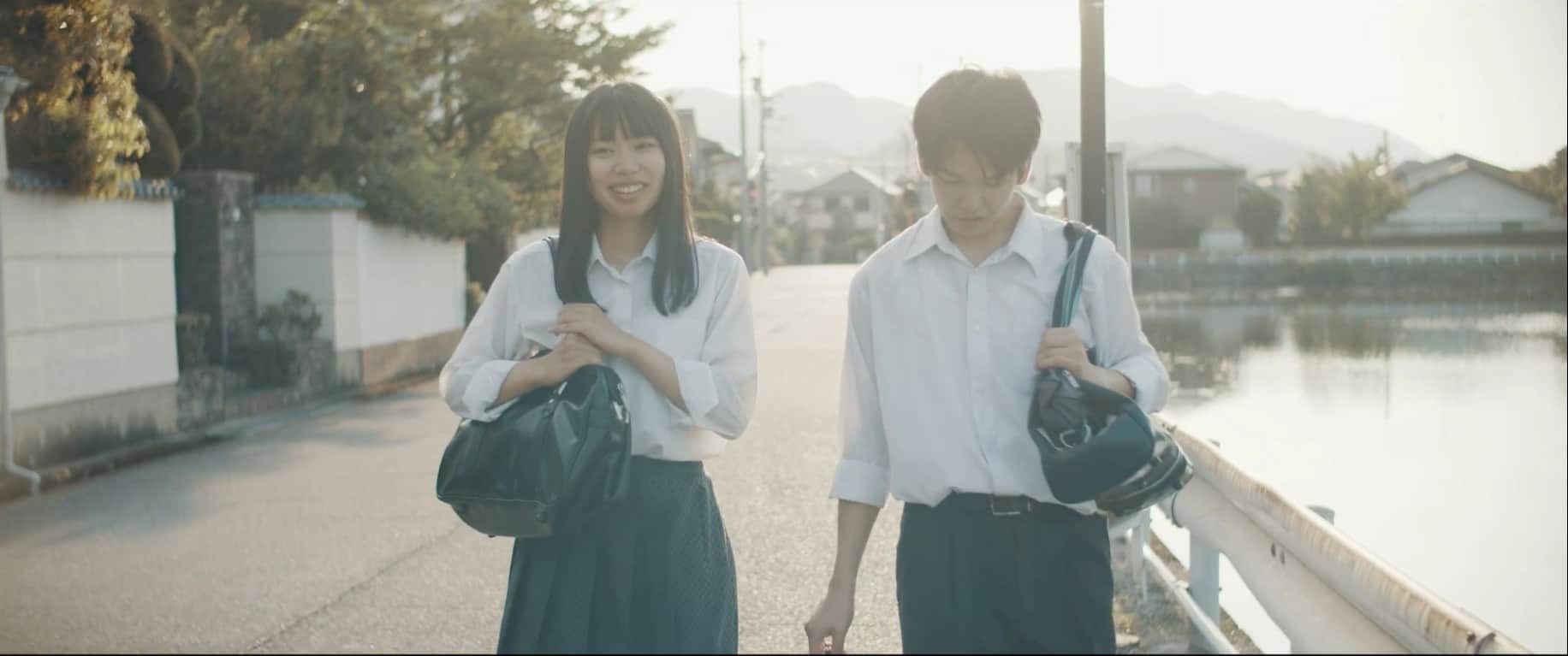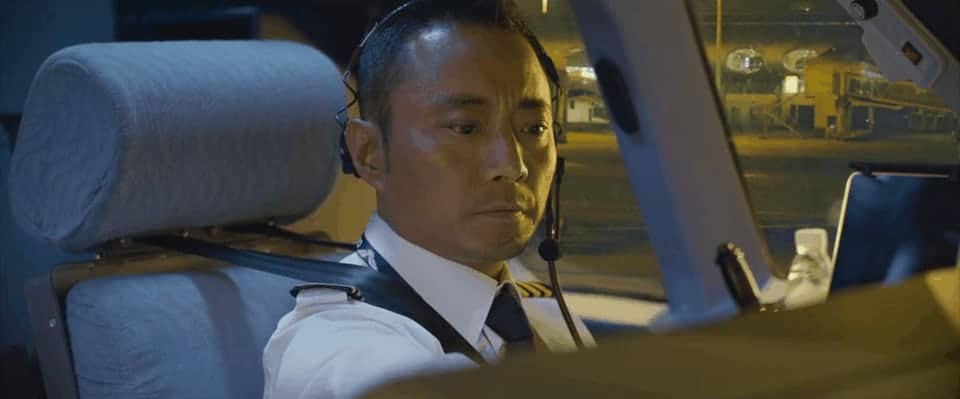by Pawel Mizgalewicz
“Orpa” is a kind of an adventure movie that can also remind the outsiders that the country of Indonesia is, coast to coast, bigger than the whole Europe – after all, the distance between Lisbon and Kiyv is about the same as between Jakarta and central Papua, where the action takes place. When Ryan, a Javanese musician from the capital, arrives in the relatively virgin forest of Papua, he uses the same language as the locals, but we can see him as almost as foreign in the place as a European would be. Orpa can be a great chance to discover the culture of the country's least-developed province, born out of a “Window of Papua” (Jendela Papua) program aimed at giving the voice to the island's natives. Usually, if Papua was present on film, it would be thanks to a Jakartian crew arriving in the East and telling a story from their perspective – the approach that was tried several times before, but also sometimes criticized for displaying a kind of sense of cultural, social or racial superiority that prevented the movies from truly presenting the Papuan point of view. Thus, a Papuan crew was selected for the project, including the director Theo Rumansara.
“Orpa” screened in CinemAsia

But a local production doesn't mean that the film is one of these mystical slow-cinema stories of spirits in the forest that get prizes in Rotterdam. “Orpa” is actually very easy to understand, with the basic themes related to current regional culture explained overtly in dialogue, and the movie focusing mainly on action and character dynamics in a format that's been tried and tested everywhere. Basically, it's a buddy movie – the titular teenage girl and the urban musician departing on a long journey to reach, well, any road that could take them to the nearest city. And, of course, they learn a lot from their differences.
Like several recent Indonesian movies, “Orpa” casts a critical eye on the country's still-widespread practice of child arranged marriage – joining, for example, the 2021's loud and much-awarded, Banten-set “Yuni”. Although the mood here is much brighter, the main point is as explicit – Orpa is being told to make a life-defining decision that she clearly does not want. The girl loves reading and plans to finish school and become an educated person of her own, but the authoritarian father doesn't want to listen to that – for him, the priority is securing the family financially, and that would be very difficult without the money that the suitor is offering. Both the daughter and the director display a lot of sympathy to the parents, who clearly do care about Orpa and want to set her path in life based on practical reasons, not ideological devotion. School, as we learn, seems to mostly just be expensive, and the main question is how to afford it – a family issue that even many Europeans can still relate to.
And yet, the respect for her father's view does not change Orpa's fast conviction that she has to escape – and that is the approach of the whole movie. While none of the characters are villainized too much in the end, the path of progress is presented decidedly as the one that has to be taken. During the dangerous quest the duo is going through, the girl's book smarts are as crucial of a skill as the “street smarts” (forest smarts?) learned from randomly appearing shamanic hermits. Ryan's technology (seemingly he's the only character in the movie that owns a phone) is also presented as a tool that can be life-saving, but isn't sufficient in itself if you don't really understand the place you're in.
Another big part of the film's cultural landscape is also the Christian religion, dominant in the province – and once again, while the missionaries are not presented as some impeccable saviors as well, there is definitely no “RRR”-like will to drive a spear through the colonizers' chests here. And so, the production set in a remote village of a remote region sends a supremely inclusive message, seeing a way towards the future in giving a voice and respecting all of the multitude of cultural influences. Turns out that a 10-strong village in a faraway forest might in a way be a real melting pot.
If Orpa's “imagine all the people…” progressivism doesn't feel like a sermon – even after the introduction of an actual priest – it's largely due to the mentioned focus on genre action, which comes out as endearingly earnest in face of the limited budget. There is a cute indie film scrappiness to the filmmakers' will to give us a grand road story presenting a panorama of Indonesia's landscape and society while what we actually see on the screen is honestly just a few spots and a few people. What would be a set piece is in a big movie, here is mostly just suggested and off-camera – for example, in an early scene of a vicious wild boar attack, what we really get on the screen is a sound of a boar, more or less, and then the sight of Ryan climbing a tree and watching with a rather concerned look. The sights are hardly breathtaking, with most of the shots having a nice “somewhere in a forest, no idea where” quality of your best vacation photos that makes it impossible to have any feel of where and when the characters are. Needless to say, the thrill of the chase is mostly absent in this one – but the lack of threat in the escape and the pursuit somehow only makes it easier to accept all the characters and the film's “love everybody” message.
Primarily, it's just fun. “Orpa”'s DIY spontaneity and effortless humor will surely surprise many Western viewers that might expect something much more somber out of a movie about foreign “social issues”. With a stern father, rebellious teen daughter, a hipster guy out of his depth and some almost-naked tribal warriors, “Orpa” gives us social issues, alright, but also a wholesome crew of slightly odd individuals that is nice to hang out with. Even if it's not technically masterful cinema, the film is one of the most delightful finds of Amsterdam's Cinemasia festival, and hopefully this will not be the only time it is screened outside of Indonesia.















